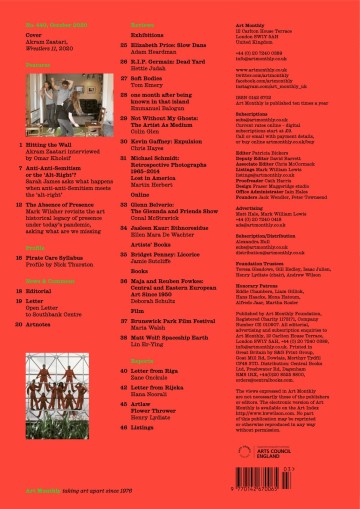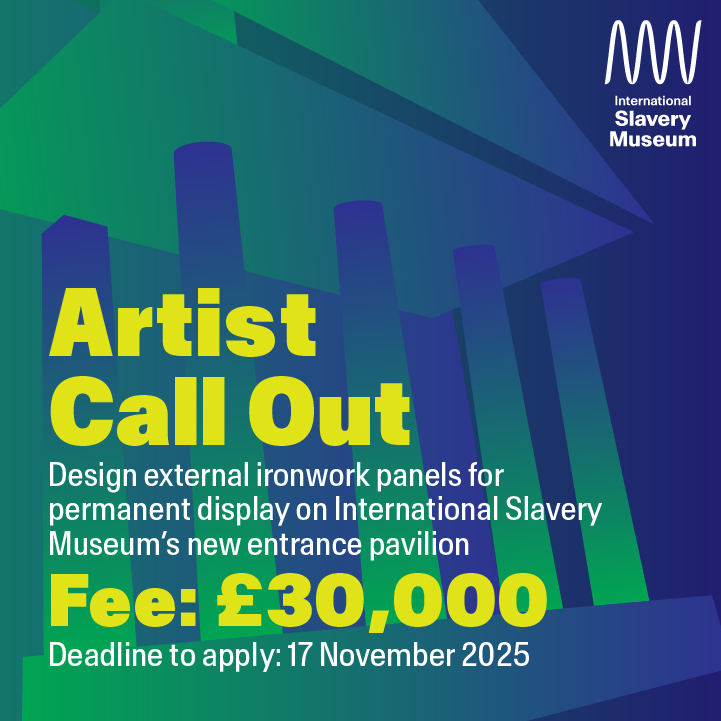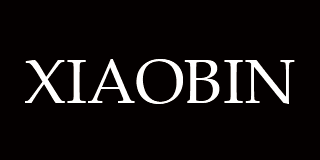Art Monthly 440
October 2020
Akram Zaatari
Interviewed by Omar Kholeif
Anti-Anti-Semitism or the ‘Alt-Right’?
Sarah James
The Absence of Presence
Mark Wilsher
Pirate Care Syllabus
Profile by Nick Thurston
Buy Now – select:
Want to read this right now?
Get instant access to the entire back catalogue via Exact Editions from only £8.99!
Contents
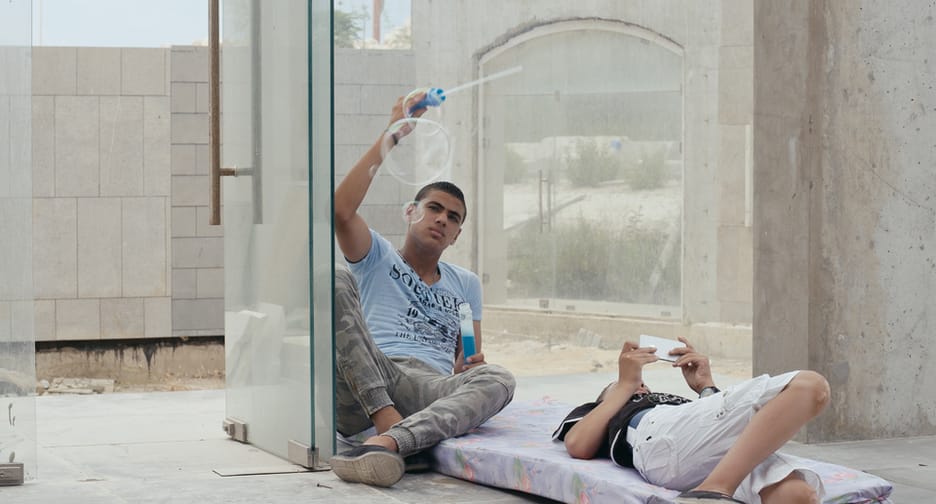
Akram Zaatari, Exploded Views, 2014
Feature
Hitting the Wall
Akram Zaatari interviewed by Omar Kholeif
The explosion here in Beirut has been far more life-changing than Covid-19. Many people believe that they have a much more serious sickness to deal with – the country itself.

Decolonize this Place 2017 solidarity action against the ‘Apartheid Wall’ near Aida Refugee Camp in Palestine
Feature
Anti-Anti-Semitism or the ‘Alt-Right’?
Sarah James asks what happens when anti-anti-Semitism meets the ‘alt-right’
Israel and Judaism are casually and uncritically conflated – a conflation that was once seen as anti-Semitic in itself.
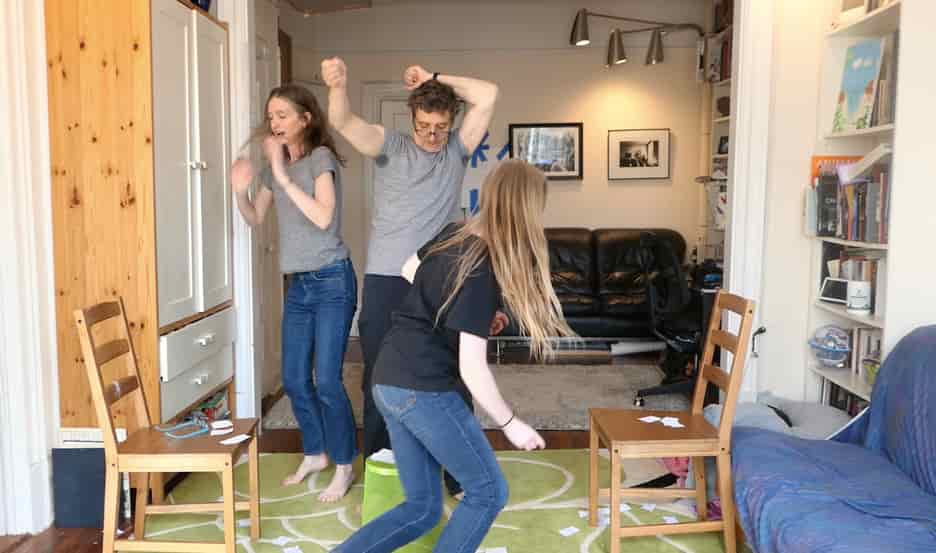
Kimberly Bartosik/daela, The Game, 2020
Feature
The Absence of Presence
Mark Wilsher revisits the art historical legacy of presence under today’s pandemic, asking what are we missing
Postmodern criticism of the past 40 years tends to valourise interpretation, semiosis and perhaps especially imagery itself. But physical presence is still crucial, and its glaring lack under the current circumstances made me start to wonder why. What exactly is it that we are missing out on?

Plush Dog Walking from the ‘Kids in Quarantine’ session on Pirate Care Syllabus
Profile
Pirate Care Syllabus
Nick Thurston reports on the development of a meta-syllabus that enables DIY movements to create bodies of knowledge free from institutional control
In the framework of Pirate Care Syllabus, ‘piracy’ describes a militant mode of caring, one that works illegally or in the grey areas outside the law to organise cultures of care against social injustices.
Editorial
Making a Stand
Moving the Black Lives Matter campaign beyond the politics pages, black athletes and actors are now making a stand in a way not seen for generations.
John Boyega, to his eternal credit, simply walked away. ‘I don’t have time for nonsense,’ he said. ‘We press on and strong.’
Letter
Open Letter to Southbank Centre
Artists from the ‘British Art Show 9’ collectively challenge changes, including redundancies, at the Southbank Centre
According to senior management only 10% of the Southbank Centre’s full capacity across its venues will be used for the arts and the other 90% will be reserved for rental!
Artnotes
Money with Menaces
The culture secretary tells museums that they will put their future funding at risk unless they ‘take as commercially-minded an approach as possible’; Tate comes under pressure over mass redundancies; Tate blocks projects involving a MeToo whistleblower Jade Montserrat, describing her as a ‘hostile artist’; new research suggests smaller arts venues are most at risk; campaigns are launched the promote culture recoveries based on inclusive principles; the government’s don’t-call-it-Brexit Festival ramps up; plus the latest on galleries, people, prizes and more.
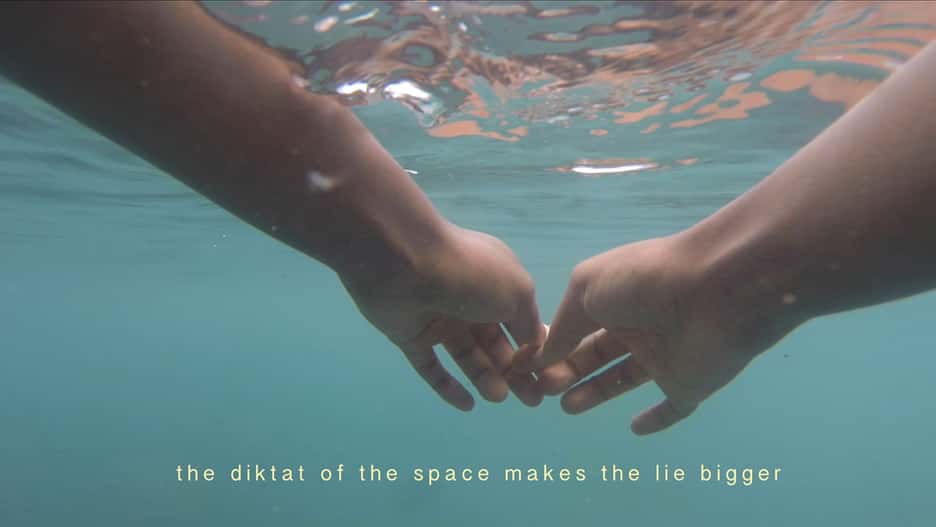
Minia Biabiany, Toli Toli, 2018
‘one month after being known in that island’, KBH.G, Basel
Exhibitions
Elizabeth Price: Slow Dans
Artangel, London
Adam Heardman
R.I.P. Germain: Dead Yard
Cubitt, London
Hettie Judah
Soft Bodies
Castlefield Gallery, Manchester
Tom Emery
one month after being known in that island
KBH.G, Basel
Emmanuel Balogun
Not Without My Ghosts: The Artist As Medium
The Drawing Room, London
Colin Glen
Kevin Gaffney: Expulsion
Crawford Art Gallery, Cork
Chris Hayes
Michael Schmidt: Retrospective Photographs 1965–2014
Hamburger Banhof, Berlin
Lost in America
Neuer Berliner Kunstverein
Martin Herbert
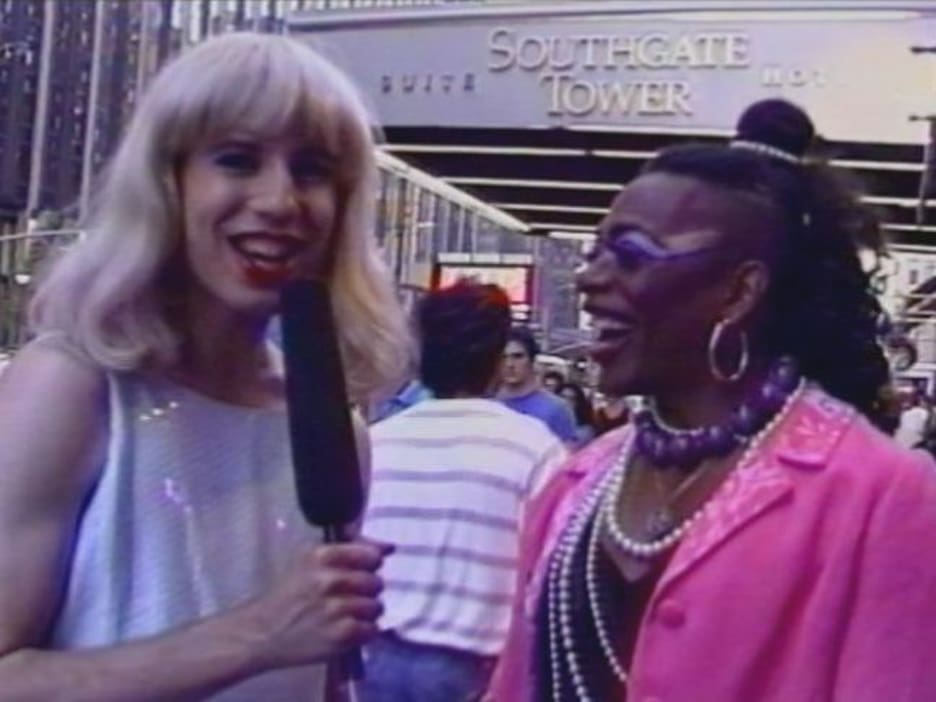
Glenn Belverio (as Glennda), On the Campaign Trail with Joan Jett Blakk, 1992
Online
Glenn Belverio: The Glennda and Friends Show
Conal McStravick
We first see Joan Jett Blakk outside the Democratic National Convention, from which she has just been barred from entering; fired up by the AIDS crisis, racist and structural inequality and rampant homophobia, Ms Blakk serves decolonial punk glamour, all while decrying trenchant political conformity, US imperialism and coloniality, and, most notably, the emergence of a police state – in ways that speak to both past and present.
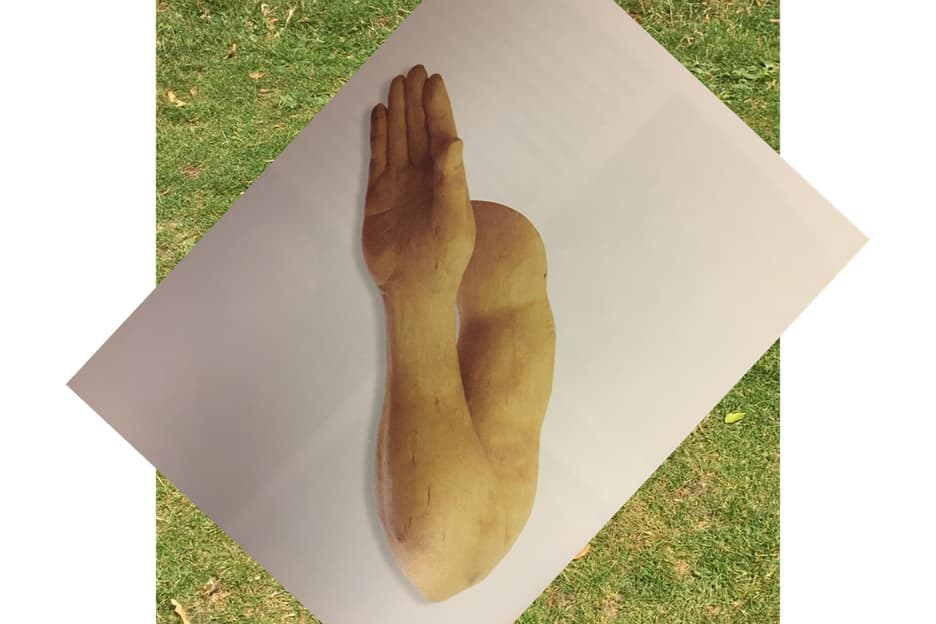
Jasleen Kaur, Ethnoresidue, 2020
Online
Jasleen Kaur: Ethnoresidue
Ellen Mara De Wachter
Granny recounts how her father brought her family over from India to join him in the UK, then held onto their passports once they arrived and made them pay rent on a property he owned in Glasgow.
Artist’s Books
Bridget Penney: Licorice
Jamie Sutcliffe
Published as the inaugural title of Book Works’ ‘Interstices’ series, Bridget Penney’s Licorice is a darkly curious novelistic confrontation with a substratum of horror cinema commonly known by its ambiguous prefix, ‘folk’.
Books
Maja and Reuben Fowkes: Central and Eastern Europe Art Since 1950
Deborah Schultz
The volume is informed by Piotr Piotrowski’s concept of horizontal art history, which fundamentally contests entrenched hierarchical structures in favour of transnationality.
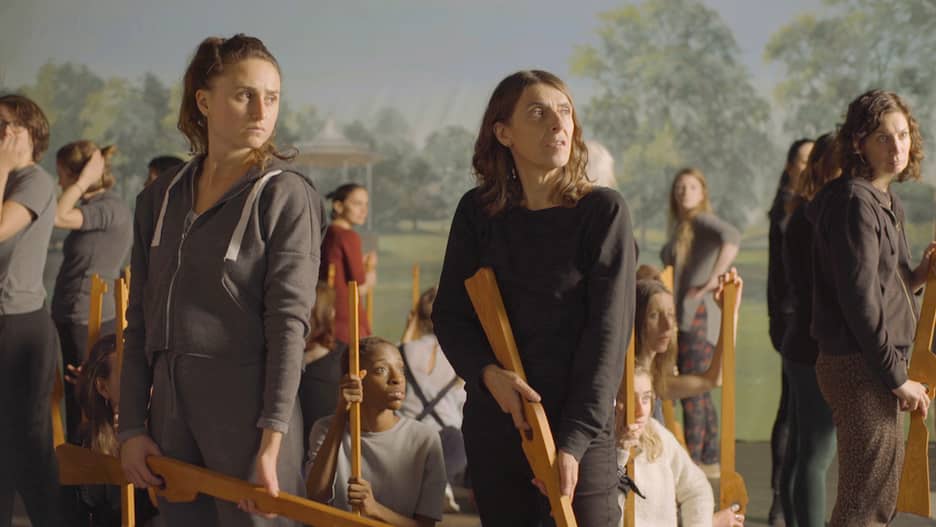
Olivia Plender, Hold Hold Fire, 2019
Film
Brunswick Park Film Festival
Maria Walsh
The festival was clearly informed by an intersectional feminist ethos that ranged and resonated across very different kinds of filmmaking practices.
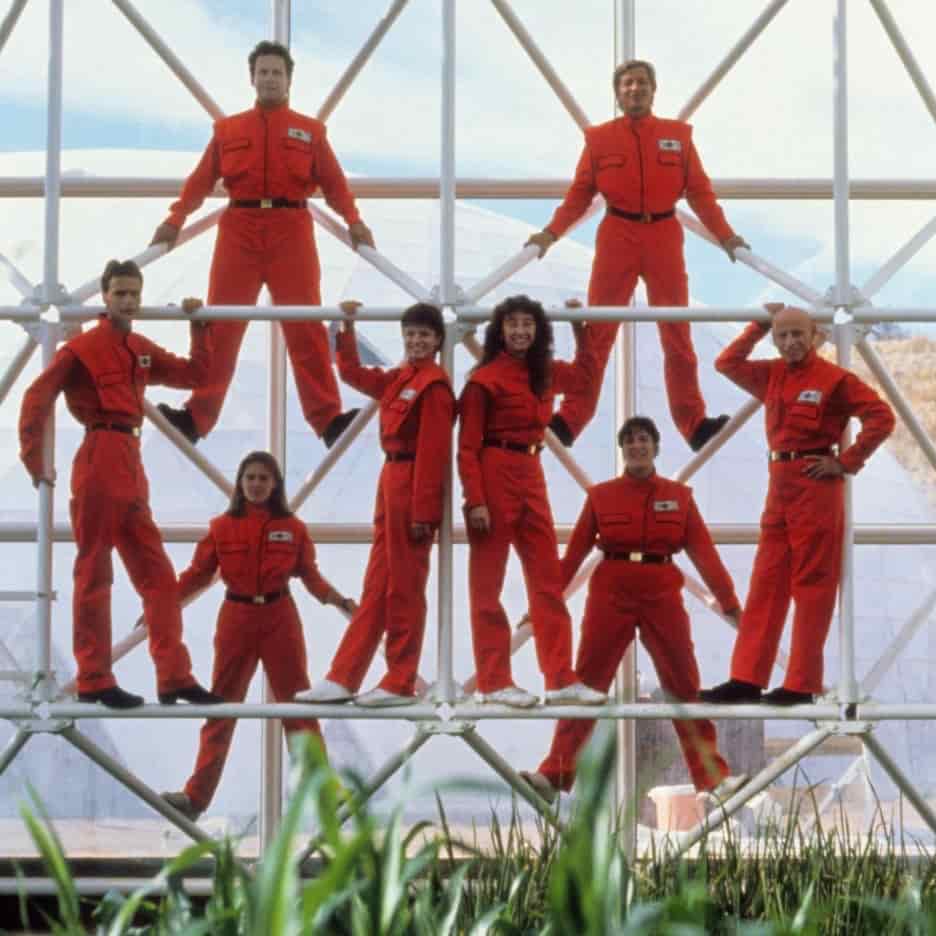
still from Spaceship Earth, 2020, directed by Matt Wolf
Film
Matt Wolf: Spaceship Earth
Lin Er-Ying
Matt Wolf’s retelling of the story of Biosphere 2 – an immense ecological undertaking during the years 1991 to 1993 that once sent the world into frenzied scepticism – sets out to excavate the unmuddied hopes of its creators from the morass of media ridicule and corporate disputes.
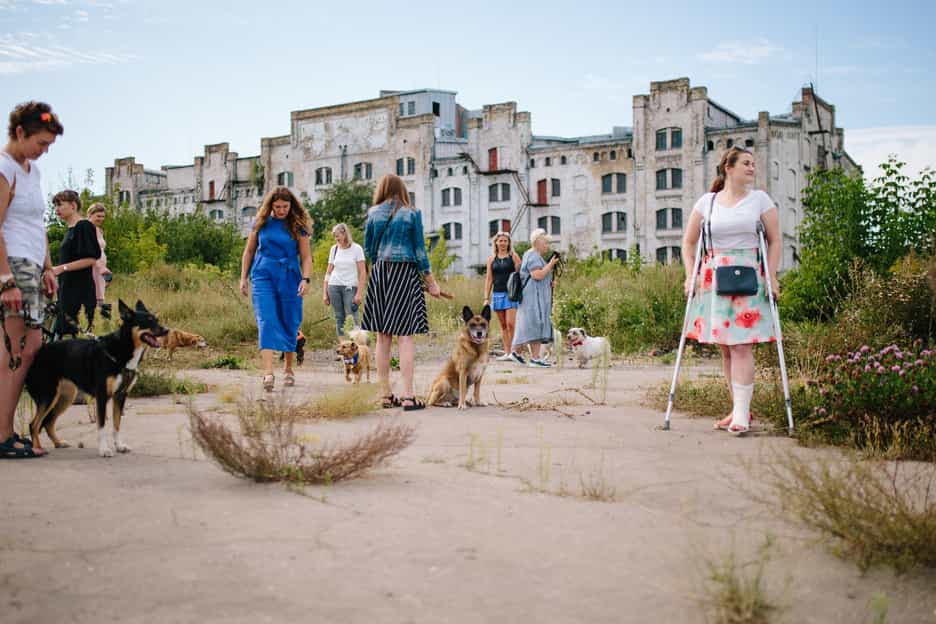
Dora Budor, In the Year Of (companion piece), 2020
Letter from Riga
Conversing with Ghosts
Zane Onckule
‘We welcome the conversation with our ghosts, agreeing to be haunted.’ The city of Riga itself becomes the background from which these ghosts appear.
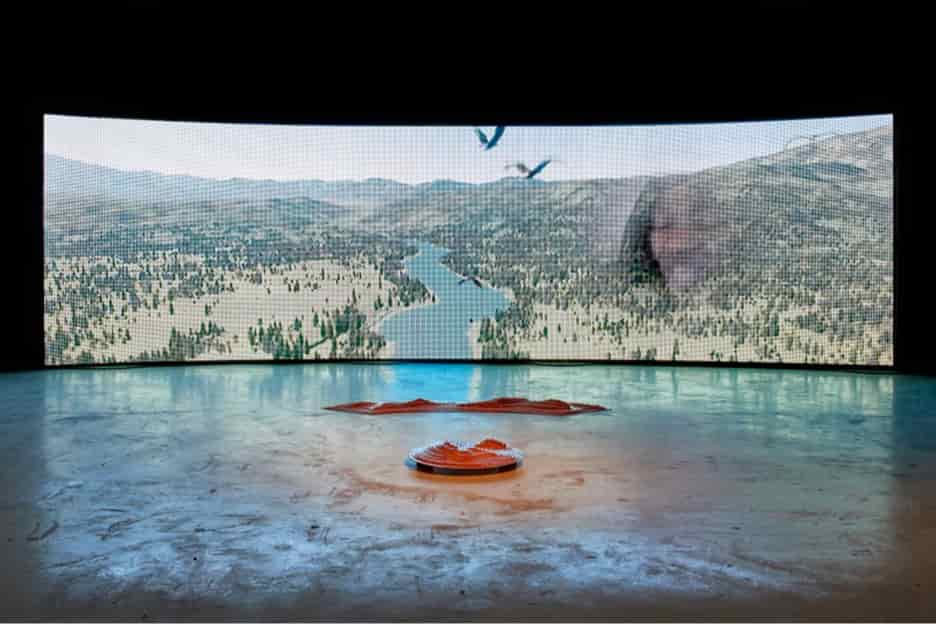
Tabita Rezaire, Deep Down Tidal, 2017
Letter from Rijeka
Changing territories
Hana Noorali
Tabita Rezaire maps this technological superhighway over former slave-trade shipping routes, connecting the unequal power dynamics of today with older dynamics, ultimately revealing how dataflows and information networks are neither free nor untethered from existing forms of dominance and oppression.
Artlaw
Flower Thrower
Henry Lydiate
Banksy’s guarding of his personal identity suffered a set-back on 14 September 2020 when the EU Intellectual Property Office (EUIPO) cancelled his 2014 registration as an EU trade mark of the renowned stencil image of Flower Thrower, 2005/06. EUIPO’s judicial reasoning merits closer examination.


